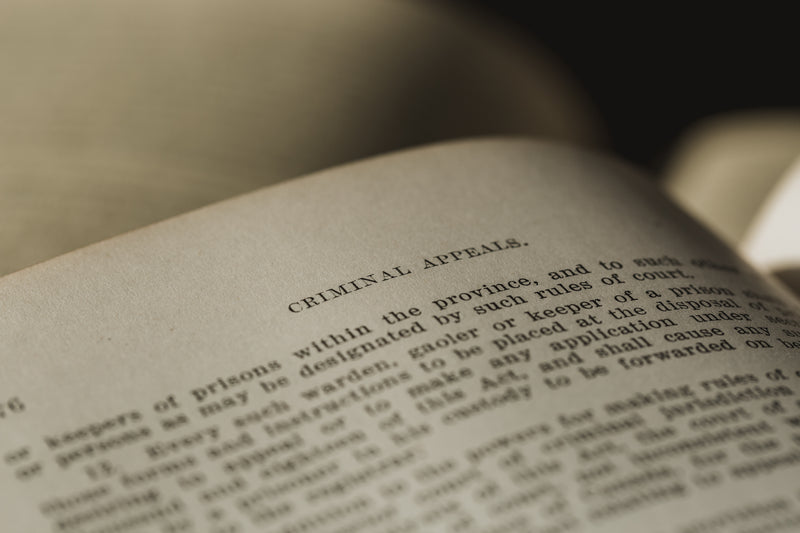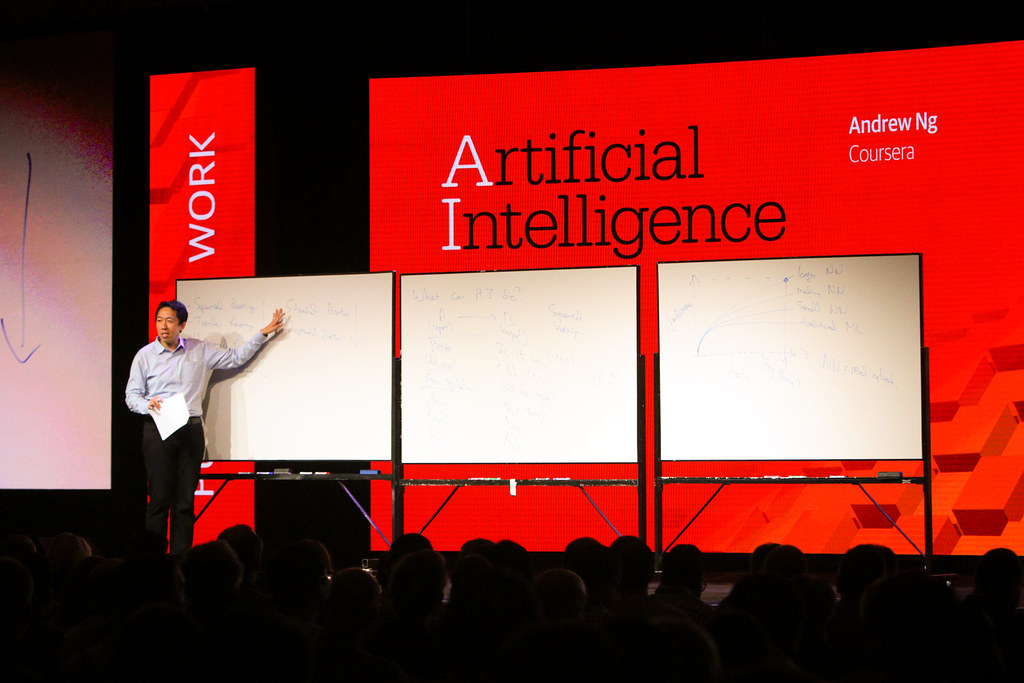ChatGPT and the Legal System
Artificial Intelligence (AI) technology is becoming increasingly common in many industries, and the legal system is no exception. OpenAI’s ChatGPT, a powerful AI chatbot, is one of the latest examples of AI technology being used in the legal system. In March 2023, a judge in the Punjab and Haryana High Court in India consulted ChatGPT to decide whether a man accused of assault and murder should be granted bail. The chatbot advised that those charged with violent crimes that involve cruelty may pose a danger to the community and be at risk of fleeing justice. Ultimately, the judge denied the bail request. This marks the first instance of a judge seeking guidance from an AI in the Indian justice system.
What is ChatGPT?
ChatGPT is an AI tool developed by OpenAI that uses machine learning to generate human-like text. Its latest update, GPT-4, is even more advanced, with the ability to generate text that is almost indistinguishable from that of a human. ChatGPT is trained on a vast amount of data and can understand context, generate summaries, and even answer questions.
Increasing Use of AI Technology in Courtrooms
The use of AI technology in courtrooms is becoming increasingly common, with some legal experts suggesting that it could be the future of courtrooms. AI tools like ChatGPT have the potential to streamline legal processes, reduce costs, and improve the accuracy and fairness of legal decisions. However, there are also concerns about bias and discrimination when using AI technology in courtrooms.
In the next sections, we will discuss the potential benefits and risks of using ChatGPT and generative AI in the legal system, as well as the future of AI technology in the legal system.

The Potential of ChatGPT and Generative AI in the Legal System
Generative AI, like ChatGPT, has the potential to revolutionize the way businesses operate, automate tasks, and create new products and designs. However, there are several legal implications that organizations must consider when using generative AI at work. In this section, we will discuss the potential benefits of using ChatGPT and generative AI in the legal system, as well as the top 10 legal issues that organizations must be aware of when using generative AI at work.
Benefits of Using ChatGPT and Generative AI in the Legal System
The legal system is complex and time-consuming, with many processes that can be automated with the use of AI technology. ChatGPT and generative AI have the potential to streamline legal processes, reduce costs, and improve the accuracy and fairness of legal decisions. Some potential benefits of using ChatGPT and generative AI in the legal system include:
-
Improved access to justice: ChatGPT and generative AI can help improve access to justice by providing automated legal services to those who cannot afford traditional legal representation.
-
Increased efficiency: ChatGPT and generative AI can automate repetitive legal tasks, such as document review and contract drafting, saving lawyers time and reducing costs.
-
Improved accuracy and fairness: ChatGPT and generative AI can help improve the accuracy and fairness of legal decisions by providing objective and unbiased analysis based on a vast amount of data.
Top 10 Legal Issues When Using Generative AI at Work
While generative AI has the potential to revolutionize the way businesses operate, there are several legal issues that organizations must be aware of when using generative AI at work. Some of the top 10 legal issues when using generative AI at work include:
-
Intellectual property rights: Organizations must be aware of the potential intellectual property issues that may arise when using generative AI to create new products and designs.
-
Data privacy: Organizations must ensure that they are complying with data privacy laws when using generative AI to process personal information.
-
Employment law: Organizations must be aware of the potential employment law issues that may arise when using generative AI to automate tasks.
-
Liability: Organizations must consider the potential liability issues that may arise when using generative AI to make decisions.
-
Discrimination: Organizations must ensure that their use of generative AI does not result in discrimination against certain groups of people.
-
Fairness: Organizations must ensure that their use of generative AI is fair and does not result in unfair advantages or disadvantages.
-
Contract law: Organizations must ensure that their use of generative AI complies with contract law principles.
-
Regulatory compliance: Organizations must ensure that their use of generative AI complies with relevant regulatory requirements.
-
Cybersecurity: Organizations must ensure that their use of generative AI does not compromise the security of their systems or data.
-
International law: Organizations must ensure that their use of generative AI complies with relevant international laws and regulations.
In the next section, we will discuss the risks and challenges of using ChatGPT and generative AI in the legal system.

The Risks and Challenges of Using ChatGPT and Generative AI in the Legal System
While ChatGPT and generative AI have the potential to revolutionize the legal system, there are also several risks and challenges associated with their use. In this section, we will discuss the risks and challenges of using ChatGPT and generative AI in the legal system, including potential data privacy and confidentiality breaches, errors, biases, AI hallucinations, and the risk to attorney-client privilege.
Data Privacy and Confidentiality Breaches
One of the main risks associated with using generative AI in the legal system is the potential for data privacy and confidentiality breaches. Organizations must ensure that they are complying with data privacy laws when using generative AI to process personal information. They must also take steps to protect confidential information from unauthorized access and use.
Errors, Biases, and AI Hallucinations
Another risk associated with using generative AI in the legal system is the potential for errors, biases, and AI hallucinations. AI tools like ChatGPT and GPT-4 are not infallible and can make mistakes or produce biased results. Users may also assume that the AI output is factual and correct, potentially compromising the privilege.
Risk to Attorney-Client Privilege
Generative AI tools like ChatGPT and GPT-4 could pose a risk to attorney-client privilege, according to experts in AI Law and AI Ethics. The use of generative AI in the legal system could potentially result in data privacy and confidentiality breaches, compromising the security of confidential information.
To mitigate these risks, AI ethics and AI law are being developed, and users should examine licensing aspects and be mindful of how they use the tool. Attorneys should consider alternatives or take precautions like removing confidential information beforehand or setting up their own instance.
In the next section, we will discuss the future of ChatGPT and AI in the legal system.

The Future of ChatGPT and AI in the Legal System
As AI technology continues to evolve, the use of ChatGPT and generative AI in the legal system is expected to become more widespread. In this section, we will discuss the potential future uses of ChatGPT and AI in the legal system, as well as the concerns about bias and discrimination when using AI technology in courtrooms.
Potential Future Uses of ChatGPT and AI in the Legal System
ChatGPT and generative AI have the potential to transform the legal system in several ways. Some potential future uses of ChatGPT and AI in the legal system include:
-
Predictive analytics: ChatGPT and AI could be used to analyze vast amounts of data to predict legal outcomes and inform legal strategy.
-
Automated document review: ChatGPT and AI could be used to automate the review of legal documents, saving lawyers time and reducing costs.
-
Virtual assistants: ChatGPT and AI could be used as virtual assistants to help lawyers with research, scheduling, and other tasks.
-
Chatbots for legal advice: ChatGPT and AI could be used to provide automated legal advice to individuals who cannot afford traditional legal representation.
Concerns About Bias and Discrimination
While the use of ChatGPT and generative AI in the legal system has the potential to improve access to justice and streamline legal processes, there are also concerns about bias and discrimination. AI tools can inadvertently perpetuate biases and discrimination that are present in the data used to train them. This can result in unfair legal outcomes and further marginalize already disadvantaged groups.
To address these concerns, organizations must ensure that their use of ChatGPT and generative AI is fair and unbiased. They must also be transparent about how AI tools are used and the data used to train them.
The Critical Difference Between Humans and Machines
As AI technology continues to evolve and become more integrated into the legal system, it

Final Thoughts
In conclusion, ChatGPT and generative AI have the potential to revolutionize the legal system, but there are also several risks and challenges associated with their use. Organizations must be aware of the potential legal issues when using generative AI at work, including data privacy and confidentiality breaches, errors, biases, AI hallucinations, and the risk to attorney-client privilege.
Despite these challenges, the use of ChatGPT and generative AI in the legal system is expected to become more widespread in the future. As AI technology continues to evolve, the legal system will need to adapt to ensure that the use of AI tools is fair, unbiased, and transparent.
If you enjoyed this article, be sure to check out our other great content on AI and the legal system. Thank you for reading!
Note: This article is based on information provided by several sources, including the New York Post, Vice, Foley & Lardner LLP, MercatorNet, and Forbes.
